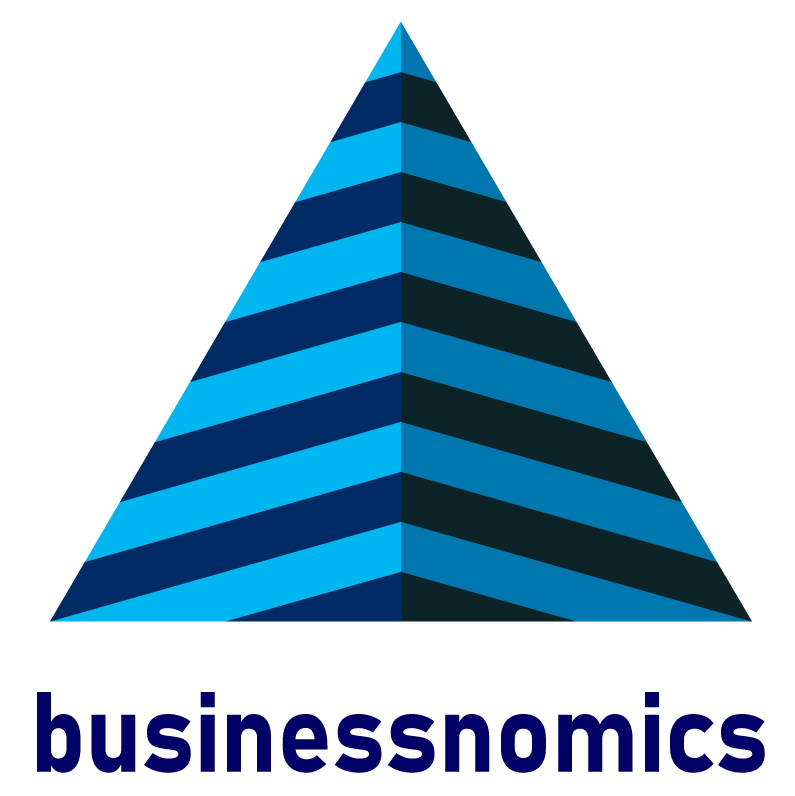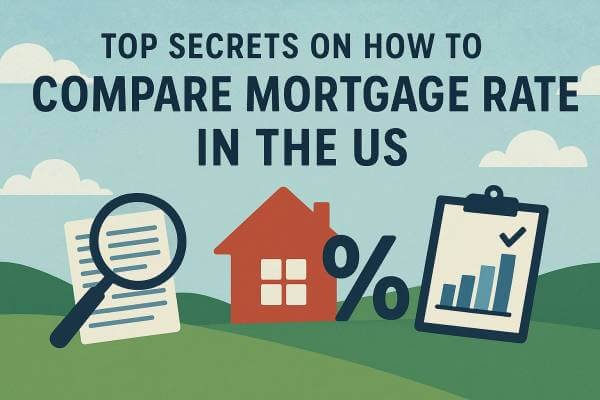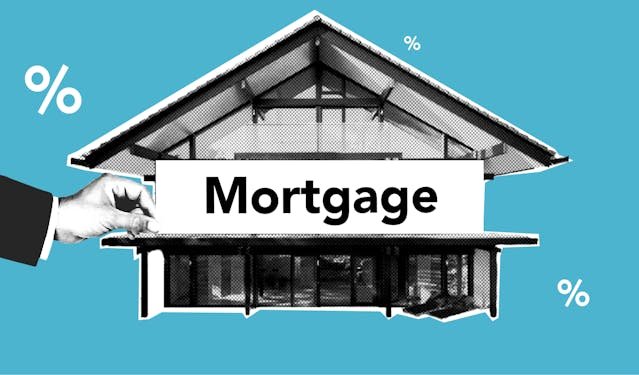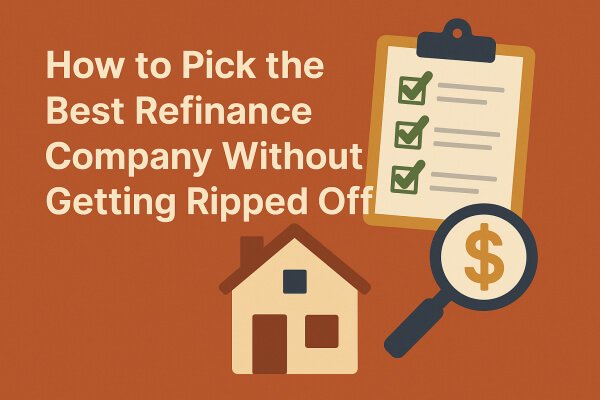Types of Personal Loans: A Simple Guide for Beginners

With so many different types of personal loans out there, it can feel a little overwhelming trying to figure out which one is right for you. Whether you’re looking to consolidate debt, cover emergency expenses, or finally get that kitchen remodel done, there’s likely a loan type that fits your situation.
This article covers the most common personal loans, their uses, how they work, and their pros and cons. By the end, you’ll feel a lot more confident about your choices and know exactly what to look for when comparing lenders and offers.
1. Unsecured Personal Loans
These are super popular because you don’t need to put up any collateral, like your car or savings, to qualify. That means if you miss a payment, the lender can’t just take your stuff.
These loans are based mostly on your credit score and income. So if you’ve got decent credit and a steady job, there’s a good chance you’ll get approved. They’re often used for things like consolidating high-interest credit card debt, paying for medical bills, or covering a big one-time expense.
Pros of Unsecured Personal Loans
- No collateral needed
- Quick approval process
- Can be used for almost anything
Cons of Unsecured Personal Loans
- Higher interest rates (especially with lower credit)
- Harder to qualify if your credit isn’t great
- Lower borrowing limits compared to secured loans
Who should consider it
If you have a solid credit history and want a loan that doesn’t put your assets at risk, an unsecured personal loan might be a great fit.
2. Secured Personal Loans
These are a bit different from unsecured loans because they require collateral. That just means you’re offering something valuable, like your car, a savings account, or even your house, as a guarantee that you’ll pay the loan back.
Because there’s less risk for the lender, secured loans usually come with lower interest rates and can be easier to get approved for, even if your credit score isn’t perfect. People often use them when they need to borrow larger amounts or want better loan terms.
If you can’t repay the loan, the lender has the legal right to take your collateral. It’s a little riskier on your end.
Pros of Secured Personal Loans
- Lower interest rates
- Higher approval chances with poor or fair credit
- Access to larger loan amounts
Cons of Secured Personal Loans
- You risk losing your asset if you default
- May involve more paperwork
- Slower approval process
Who should consider it
If you’re seeking lower rates or struggling to qualify for an unsecured loan, this could be a viable option. However, it’s important to ensure that you’re comfortable risking something valuable.
3. Fixed-Rate Personal Loans
These are precisely what they sound like, loans with an interest rate that stays the same for the entire life of the loan. That means your monthly payment never changes, which makes budgeting way easier.
This type of personal loan is a solid choice if you prefer predictability. You know exactly what you owe every month, and there are no surprises, even if interest rates go up in the market.
They’re super common with things like home improvement projects, medical expenses, or any big purchase where you want consistent payments.
Pros of Fixed-Rate Personal Loans
- Your monthly payment stays the same
- Easier to budget and plan
- You’re protected from rising interest rates
Cons of Fixed-Rate Personal Loans
- Starting rates can be a bit higher than variable ones
- You won’t benefit if interest rates drop later
- Less flexibility in some cases
Who should consider it
If you like stability and want a stress-free repayment plan, fixed-rate loans are a great go-to. You trade a bit of flexibility for peace of mind, and for many people, that’s completely worth it.
4. Variable-Rate Personal Loans
Unlike fixed-rate loans, these come with interest rates that can go up or down over time. That means your monthly payment might change depending on market conditions.
At first glance, that might sound a little risky. But there’s a potential upside: you could score a lower starting rate than you would with a fixed-rate loan. If you’re planning to pay off the loan quickly, that could save you some cash.
Still, if rates go up while you’re paying it off, your loan could end up costing more in the long run. So it’s all about how much risk you’re willing to take.
Pros of Variable-Rate Personal Loans
- Lower initial interest rates
- Can save money if rates stay low
- Might offer shorter loan terms
Cons of Variable-Rate Personal Loans
- Monthly payments can go up
- Harder to budget
- Risk of paying more over time
Who should consider it
Those who intend to quickly repay their loan or tolerate minor fluctuations should contemplate it. If you’re financially flexible and want to take advantage of lower starting rates, it might be worth considering.
5. Debt Consolidation Loans
If you’re juggling multiple credit card balances or loans with high interest rates, a debt consolidation loan might just be your financial reset button. This type of personal loan is designed to roll all your existing debts into one new loan, ideally with a lower interest rate and just one monthly payment to keep track of.
Instead of dealing with a number of due dates and varying interest rates, you get simplicity and potentially savings. It’s a go-to move for people trying to get out of debt faster or clean up their credit profile.
Just keep in mind: debt consolidation doesn’t erase your debt. It reorganizes it. So you still have to stay on top of your payments.
Pros of Debt Consolidation Loans
- Combines multiple payments into one
- May lower your overall interest rate
- Can help improve your credit score over time
- Easier to manage and plan payments
Cons of Debt Consolidation Loans
- Might come with fees (origination or balance transfer)
- Doesn’t solve overspending habits
- Can stretch out repayment if not careful
Who should consider it
If you’re tired of juggling credit cards and want a cleaner, more affordable way to pay everything off, this loan could be a smart move; just make sure you’re not tempted to rack up new debt once your old accounts are cleared.
6. Co-Signed Personal Loans
Let’s say your credit isn’t in the best shape, or maybe you don’t have much of a credit history yet. That’s where co-signed personal loans come in handy. With this option, someone, usually a family member or close friend, agrees to back you up on the loan by signing with you.
Lenders see this as a lower-risk loan since the co-signer promises to step in and pay if you can’t. That often means better rates and higher approval chances than going solo.
But here’s the serious part: if you miss payments or default, your co-signer is on the hook, and their credit score could take a hit too. So it’s a big deal for both sides.
Pros of Co-Signed Personal Loans
- Easier to qualify with little or bad credit
- May unlock lower interest rates
- Can help you build or improve your credit
Cons of Co-Signed Personal Loans
- The co-signer is financially responsible if you miss payments
- Can strain personal relationships
- Missed payments hurt both credit scores
Who should consider it
If you’re just starting out or repairing credit and have someone willing to co-sign, this can open doors. Just be certain you’re ready to make every payment on time. It’s not a favour to take lightly.
7. Personal Lines of Credit
A personal line of credit works a little differently than a traditional loan. Instead of getting a lump sum up front, you’re approved for a maximum amount and can borrow from it as needed. Think of it like a credit card, but often with better interest rates.
You only pay interest on the amount you actually use, not the total approved limit. And as you repay what you borrow, those funds become available again. It’s a flexible option that works well for ongoing expenses or unexpected costs that pop up over time.
Just like with other loans, your credit score and income play a big role in approval. Some lines of credit are unsecured, while others may require collateral.
Pros of Personal Lines of Credit
- Only pay interest on what you use
- Flexible access to funds
- Can borrow multiple times without reapplying
Cons of Personal Lines of Credit
- Interest rates are usually variable
- Easy to overspend if you’re not careful
- May require good to excellent credit
Who should consider it
If your expenses are unpredictable or you want financial breathing room for emergencies or home repairs, a personal line of credit could be a smart choice. Just make sure you treat it like real debt and not free money.
8. Buy Now Pay Later Loans
If you’ve ever shopped online and seen an option to split your payment into four parts, you’ve already met a Buy Now Pay Later loan. Also known as BNPL, this type of personal loan has become super popular for smaller purchases, especially with online retailers.
At checkout, you choose to break your payment into smaller chunks, often with no interest if you pay on time. Companies like Affirm, Klarna, and Afterpay make this easy to do in just a few clicks.
But while it seems convenient, it’s still a form of borrowing. If you miss a payment, you could face late fees, and in some cases, it might even affect your credit.
Pros of Buy Now Pay Later Loans
- Quick and easy approval
- Often interest-free for short terms
- Helps make big purchases more manageable
Cons of Buy Now Pay Later Loans
- Late payments can lead to fees
- Easy to overspend without noticing
- Can hurt your credit if misused
Who should consider it
If you’re confident you can make your payments on time and just need a little breathing room at checkout, BNPL can be a handy tool. Just don’t use it as an excuse to buy stuff you can’t really afford.
9. Peer-to-Peer Personal Loans
These are a modern twist on borrowing money. Instead of getting a loan from a bank or credit union, you borrow from individual investors through online platforms like LendingClub or Prosper.
These platforms connect borrowers and investors directly. Once your online application receives approval, one or more investors fund your loan. The platform manages the process, but the money doesn’t come from a traditional financial institution.
P2P loans are usually unsecured and can be used for anything from debt consolidation to major purchases. Approval depends on your credit score, income, and loan amount, just like other personal loans.
Pros of Peer-to-Peer Personal Loans
- Competitive interest rates
- Easier to qualify than with traditional banks
- Fast online application process
Cons of Peer-to-Peer Personal Loans
- May include origination fees
- Less protection than traditional loans
- Not every borrower gets approved
Who should consider it
If you want a non-traditional loan with flexible options and don’t mind applying online, peer-to-peer loans could be worth a look. Just make sure to check the platform’s fees and policies before you sign.
10. Credit Builder Loans
If you’re trying to build or rebuild your credit, a credit builder loan might be just what you need. These loans work a bit differently than traditional personal loans. Instead of getting the money right away, the lender holds the loan amount in a locked savings account while you make monthly payments.
Once you’ve paid the full amount, you get the money. Sounds backwards, right? But the goal here isn’t quick cash. It’s to help you establish a solid payment history and improve your credit score over time.
Credit unions, community banks, and some online lenders typically offer small credit builder loans.
Pros of Credit Builder Loans
- Helps you build or repair credit
- Forces you to save while borrowing
- Often no credit history required to apply
Cons of Credit Builder Loans
- You don’t get the money until the loan is paid off
- Loan amounts are usually small
- Some lenders may charge fees
Who should consider it
If your credit score needs a boost or you’re just getting started with credit, this is a low-risk way to show lenders you can make payments on time. Just make sure you can afford the monthly payments before jumping in.
11. Payday and Cash Advance Loans
When you’re in a tight spot and need cash fast, payday loans and cash advance loans might seem like a quick fix. These short-term loans are usually for small amounts and are meant to be repaid by your next paycheck.
They don’t require excellent credit and are often approved within minutes. They come with extremely high fees and interest rates, sometimes over 300 percent APR.
Because of the cost, many people end up stuck in a cycle of borrowing again just to pay off the last loan. It’s easy to fall behind, and the fees add up fast.
Pros of Payday and Cash Advance Loans
- Fast cash in emergencies
- No credit check required
- Easy approval process
Cons of Payday and Cash Advance Loans
- Very high interest rates
- Short repayment periods
- Can lead to a cycle of debt
Who should it
Honestly, these loans should be a last resort. If you have alternative borrowing options available, it would be advisable to consider those. Emergency credit from a bank, borrowing from a friend, or even a personal line of credit is usually a safer choice.
12. Title Loans
A title loan is another type of high-risk personal loan, often used by people who need fast cash and have limited borrowing options. It works by using your car title as collateral. If you’re approved, the lender gives you a short-term loan based on the value of your vehicle, and you keep driving it while repaying the loan.
If you can’t pay it back on time, the lender is entitled to take your car. And like payday loans, title loans usually come with very high interest rates and short repayment terms.
These loans are easy to get, even with bad credit, but the risk is serious. Losing your car can create a whole new set of problems.
Pros of Title Loans
- Quick access to cash
- No need for good credit
- You can still use your car during the loan
Cons of Title Loans
- High interest rates
- Risk of vehicle repossession
- Short repayment window
Who should consider it?
Title loans are only for situations where there are absolutely no other options. If you’re considering one, it’s a beneficial idea to speak with a credit counselor or look into other personal loan types first.
Comparison Table: Types of Personal Loans at a Glance
Need a quick side-by-side view? Here’s a simple breakdown of each loan type, what it’s best for, and the pros and cons to keep in mind:
| Loan Type | Best For | Pros | Cons |
| Unsecured Personal Loan | Borrowers with good credit | No collateral, fast approval | Higher rates, credit required |
| Secured Personal Loan | People with lower credit or larger needs | Lower rates, easier approval | Risk of losing collateral |
| Fixed Rate Loan | Predictable budgeting | Stable payments, no surprises | No savings if rates drop |
| Variable Rate Loan | Short-term loans or rate watchers | Lower intro rate | Payments can increase |
| Debt Consolidation Loan | Paying off multiple debts | One payment, may lower interest | Fees may apply, needs discipline |
| Co-Signed Loan | Borrowers with no or poor credit | Better approval odds, lower rates | Co-signer is financially responsible |
| Personal Line of Credit | Ongoing or flexible spending | Only pay for what you use, reusable funds | Can lead to overspending, variable rates |
| Buy Now Pay Later Loan | Small purchases, short repayment plans | Easy approval, often no interest | Missed payments can hurt credit |
| Peer to Peer Loan | Online borrowers seeking alternatives | Competitive rates, fast online access | Less regulation, possible fees |
| Credit Builder Loan | Building or repairing credit | Helps credit, small payments | No cash until loan is repaid |
| Payday Loan | Emergency funds when no other options | Fast access, no credit check | Extremely high interest, debt trap risk |
| Title Loan | Cash fast with car as collateral | Quick funding, no credit required | High risk of losing your vehicle |
Conclusion
When it comes to borrowing money, there is no universal solution. The right loan depends on your credit, your goals, and how comfortable you are with risk. The good news is that once you understand the different types of personal loans, it gets a whole lot easier to make the right choice.
Whether you’re consolidating debt, paying for a significant expense, or just trying to build your credit from the ground up, there’s a loan option out there for you. Take your time, compare lenders, and read the fine print before signing anything.
If you’re ever unsure, don’t hesitate to speak with a trusted financial advisor or use a loan comparison tool online. A little research now can save you a ton of stress (and money) later.
Frequently Asked Questions
1. What type of personal loan is easiest to get?
Secured personal loans and payday loans are typically the easiest to qualify for because they don’t rely as much on your credit score. However, you should only consider payday loans as a final option due to their high interest rates. If you have a friend or family member who can assist, obtaining approval for a co-signed loan with poor credit is also a feasible option.
2. Can I get a personal loan with bad credit?
Yes, but your options may be limited. You might qualify for a secured loan, a co-signed loan, or a credit builder loan. These are usually more accessible for people with lower credit scores, though they might come with higher rates or require collateral.
3. Are all personal loans the same?
Indeed, not all personal loans are created equal. Some are unsecured, some are secured. Some come with fixed rates while others have variable interest. And some, like BNPL or payday loans, are designed for short-term use only. That’s why it’s important to understand each loan type before you borrow.
4. Are online personal loans safe?
They can be, as long as you’re working with a reputable lender. Stick with well-known platforms or financial institutions, and always read the fine print. Be cautious of upfront fees or offers that appear excessively favorable.
5. What’s the difference between debt consolidation and a personal loan?
Technically, a debt consolidation loan is a type of personal loan, but it’s used specifically to combine multiple debts into one. The main goal is to simplify your payments and ideally lower your overall interest rate.

























